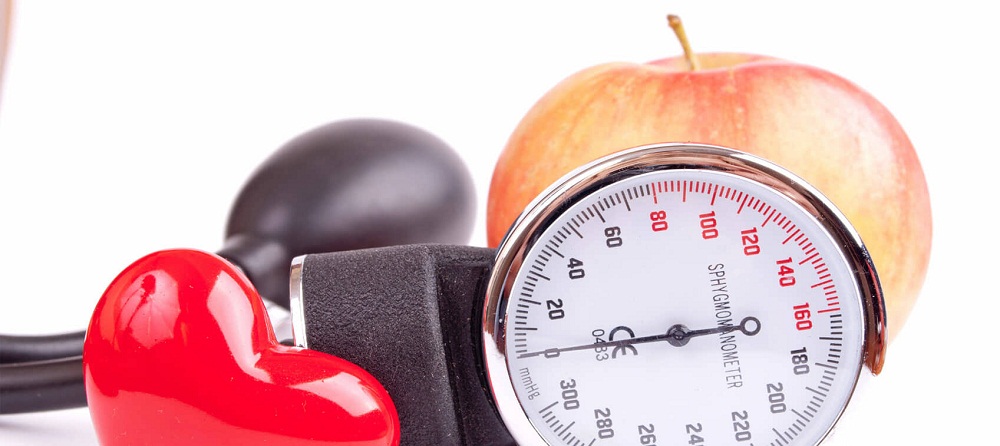For a normal adult, the medical industry defines blood pressure ranges as follows:
| Blood Pressure Stage | Systolic | Diastolic |
|---|---|---|
| Normal | <120 | <80 |
| Pre-Hypertension | 120-139 | 80-99 |
| Stage One Hypertension | 140-159 | 90-99 |
| Stage Two Hypertension | 160+ | 100+ |
If you are outside the normal range, you are exposing yourself to a series of escalating risks, and you should take immediate steps to normalize your blood pressure. You should of course consult with your doctor and have regular blood pressure readings to understand where you fall on the risk chart. In many cases, your doctor will prescribe medications. However, thousands of hypertension sufferers have avoided a lifetime of medications by addressing their high blood pressure through natural methods.
How To Reduce Blood Pressure
To lower blood pressure naturally, exercise on a regular basis is one of the best strategies.
However, you should not overlook the benefit of dietary changes. Diet is a key element and those suffering from hypertension should try to harness all of the natural methods available. The alternative is a lifetime of medication, or a life cut short prematurely.
Many studies have proved beyond doubt that a balanced diet of healthy ingredients can dramatically lower blood pressure naturally. The best diets are rich in vegetables, certain fruits, and whole grains.
Some specific dietary advice to lower blood pressure naturally includes:
Increasing potassium intake: Potassium has been found to be beneficial is two powerful ways. First, diets which include high levels of potassium from certain fruits and vegetables have been shown to reduce blood pressure on their own. Second, potassium works to counteract the negative effects of sodium on blood pressure.
Reducing sodium intake: The Institute of Medicine recommends that healthy adults should not consume more than 2,300 milligrams of sodium per day. For those with high blood pressure, that recommended intake drops to 1,500 milligrams. The easiest way to avoid excess sodium is to stay away from processed foods and canned foods. You should also read labels carefully and avoid foods which contain more than 200 milligrams of sodium in the recommended serving size. All foods now have labels which allow you to fully understand what the key ingredient measurements are.
Monitoring alcohol intake: Men should limit alcohol intake to no more than two drinks per day and women should consume no more than one. It is true that some studies have shown that certain types of alcohol intake can have a positive impact on blood pressure. However, alcohol taken in excess can not only increase blood pressure – it can also reduce the effect of blood pressure medications.
Lowering caffeine intake: For some of us, caffeine increases blood pressure in the short term. No studies have proved any long term effect. It is best to consume no more than 200 milligrams per day of caffeine, particularly for those who are sensitive to caffeine.
Controlling weight: Research by the national Institutes of health has shown that losing as little as 10 pounds can significantly lower blood pressure naturally. You should be aware of the recommended weight ranges for your age and height, and aim to be towards the lower end of the range is you suffer from high blood pressure. Discuss in advance with your physician any plans to lose more than 10% of your current weight.
It is all about balance. The steps above can each help. But you should not just focus on one. Why exercise if you are not going to follow an eating plan which also helps to lower blood pressure naturally? Instead, adopt an approach which has everything you do contributing to controlling your hypertension.

